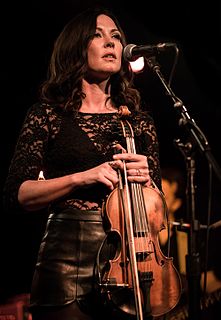A Quote by Robert Graves
A banker warned the British poet Robert Graves that one could not grow rich writing poetry. He replied that if there was no money in poetry, there was certainly no poetry in money, and so it was all even.
Related Quotes
I would not recommend poetry as a career. In the first place, it's impossible in this time and place - in this culture - to make poetry a career. The writing of poetry is one thing. It's an obsession, the scratching of a divine itch, and has nothing to do with money. You can, however, make a career out of being a poet by teaching, traveling around, and giving lectures. It's a thin living at best.
Loneliness is necessary for pure poetry. When someone intrudes into the poet's life (and any sudden personal contact, whether in the bed or in the heart, is an intrusion) the poet loses his or her balance for a moment, slips into being what he or she is, uses his or her poetry as one would use money or sympathy. The person who writes the poetry emerges, tentatively, like a hermit crab from a conch shell. The poet, for that instant, ceases to be a dead person.
What the world wants, what the world is waiting for, is not Modern Poetry or Classical Poetry or Neo-Classical Poetry - but Good Poetry. And the dreadful disreputable doubt, which stirs in my own skeptical mind, is doubt about whether it would really matter much what style a poet chose to write in, in any period, as long as he wrote Good poetry.
Another trouble with poetry - and I'm gonna stop the list at two - is the presence of presumptuousness in poetry, the sense you get in a poem that the poet takes for granted an interest on the reader's part in the poet's autobiographical life, in the poet's memories, problems, difficulties and even minor perceptions.
A trouble with poetry is the presence of presumptuousness in poetry, the sense you get in a poem that the poet takes for granted an interest on the reader's part in the poet's autobiographical life, in the poet's memories, problems, difficulties and even minor perceptions. I try to presume that no one is interested in me. And I think experience bears that out. No one's interested in the experiences of a stranger - let's put it that way. And then you have difficulty combined with presumptuousness, which is the most dire trouble with poetry.




































